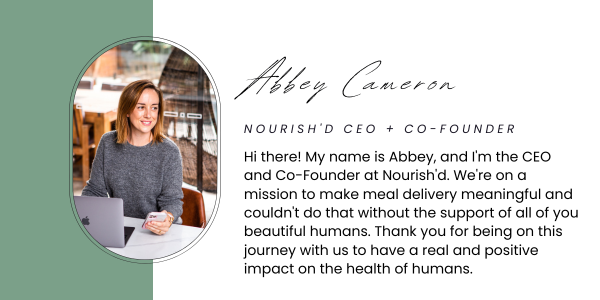Vitamin D Supplements Ain’t Got Nothing on Sunlight
My mum always told me from when I was little to, well, present day, to have ten minutes of sun a day. When I was a vampiric teenager she’d have to force me out of my cave of a room into the backyard. I’d sit there with a frown on my face for the first five minutes, annoyed that I’d been pried away from my Twilight marathon, but I’d always end up enjoying it and feeling that much better afterwards. I knew that we get vitamin D from the sun, but I had no idea why my mood lifted so much and I never questioned it. Well it turns out that it’s not just the vitamin D, not at all! Those who supplement vitamin D are missing out on so many other benefits that sunlight provides.
Let me begin with a disclaimer - don’t think that this is a free pass to sun-bake all day every day. Sunburn isn’t cool, and overexposure to the sun can be dangerous, especially in the hard Australian sun. BUT underexposure can be detrimental, too. I don’t want to scare anyone but studies have shown that avoiding the sun can actually have a similar impact to life expectancy as smoking cigarettes (see the resources below for more info). WOW. We are shook. So let’s look at what sunlight does for us and how important it is for our health.
Bluelight for Immune and Cognitive Health
Depending on the wavelength and energy of the rays, sunlight gives off various colour shades including blue light. Well, this blue light actually activates our immune cells (known as lymphocytes) and helps them move around our body to do their job in immune response. Blue light, when absorbed through the skin, also helps to boost memory and cognitive function, focus, and mood. Exposure to blue light during the day is also super important in regulating our circadian rhythm, which is our body’s natural sleeping and waking cycle.
UV Light for Heart Health
When ultraviolet light hits your skin, it stimulates the release of a molecule called nitric oxide, which relaxes our blood vessels and results in lower blood pressure and reduced risk of heart conditions. Studies have shown that vitamin D alone does nothing for blood pressure, but exposure to UV light alone can lower systolic blood pressure by 2 or 3 millimetres, which doesn’t sound like much but actually reduces cardiovascular disease, heart attack, stroke, and other cardiovascular events by a whopping 10%.
Narrow Band Ultraviolet B (UVB) Light for Gut Health
Gut health is so important for so many reasons (read our article on gut health here), and it's driven by a good diversity of gut bacteria. Studies have shown that skin exposure to Narrow Band Ultraviolet B (UVB) light triggers changes in the composition of the gut flora to diversify the good bacterias. With the improvement of gut health and diversity of microbiome within the gut comes improvement of immune health, mental health, and so many other benefits.
We could go on!
To read more on the benefits of sunlight and vitamin D, view our resources below. Remember, 10 minutes is all you need to reap the benefits. Don’t go crazy and throw out your sunscreen, but if it’s a nice day, get outside and enjoy the rays. Why not?!
Resources
- https://mommypotamus.com/benefits-of-sunlight/
- https://www.frontiersin.org/articles/10.3389/fmicb.2019.02410/full
- https://pubmed.ncbi.nlm.nih.gov/26992108/
- https://www.healthline.com/health/depression/benefits-sunlight
- https://www.allaboutvision.com/en-au/digital-eye-strain/blue-light/
- https://www.heart.org/en/news/2020/02/28/could-sunshine-lower-blood-pressure-study-offers-enlightenment
- https://www.news-medical.net/news/20191024/Ultraviolet-B-light-is-good-for-the-gut-microbiome.aspx



